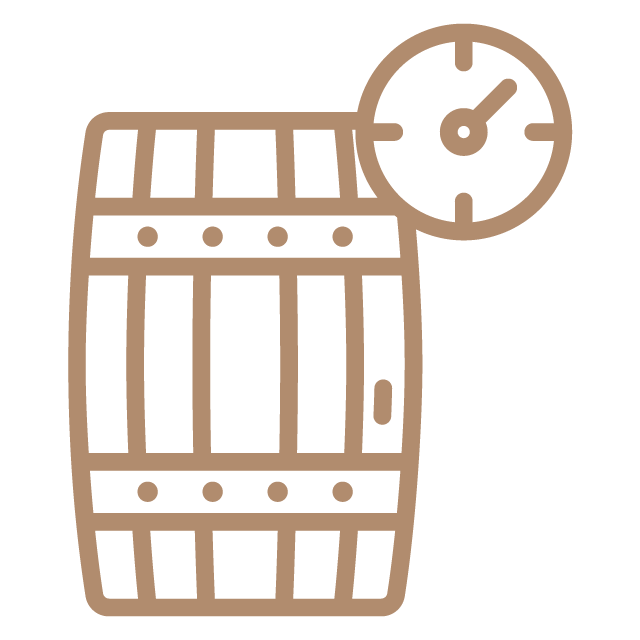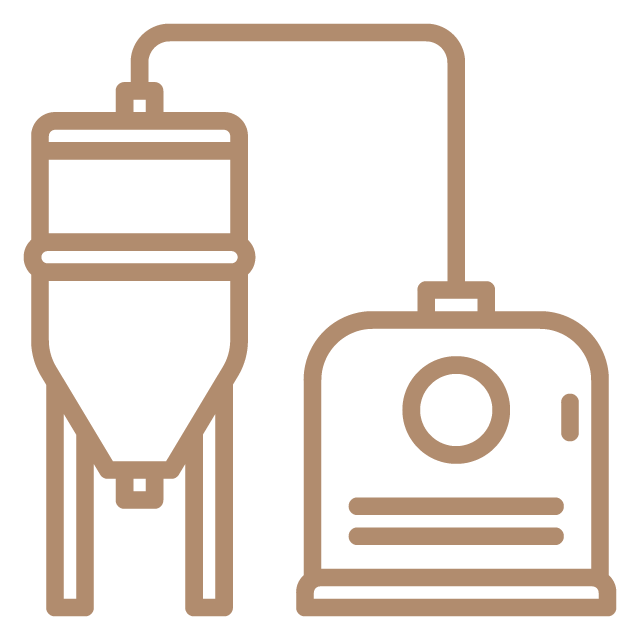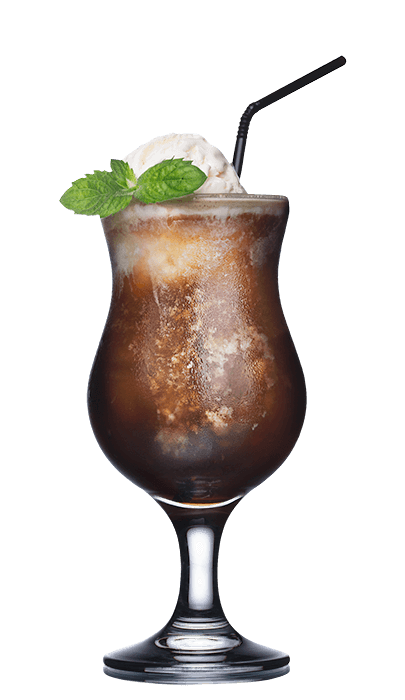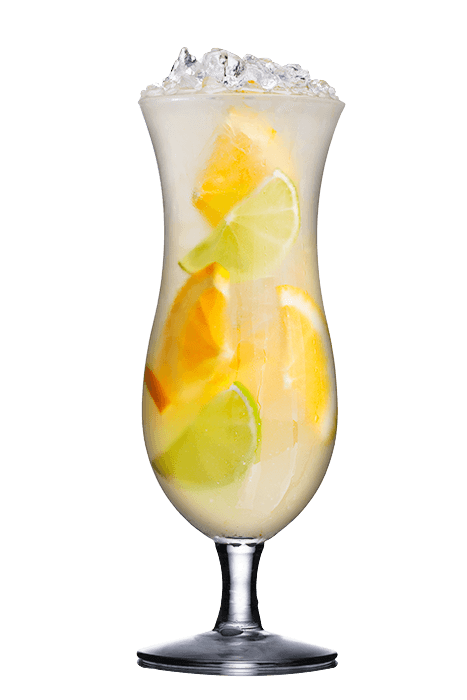
The history of craft beer in New Zealand dates back to the 1980s when the country’s brewing industry was dominated by a handful of large breweries producing mass-market beers. However, a growing number of Kiwis became interested in brewing their beer at home, and some independent breweries began to emerge.
In this article, we will explore the world of craft beer in New Zealand, taking a closer look at the history, growth, and current state of the industry. We will also delve into the unique flavours and styles of New Zealand craft beer and highlight some of the best breweries and beers that the country has to offer.








